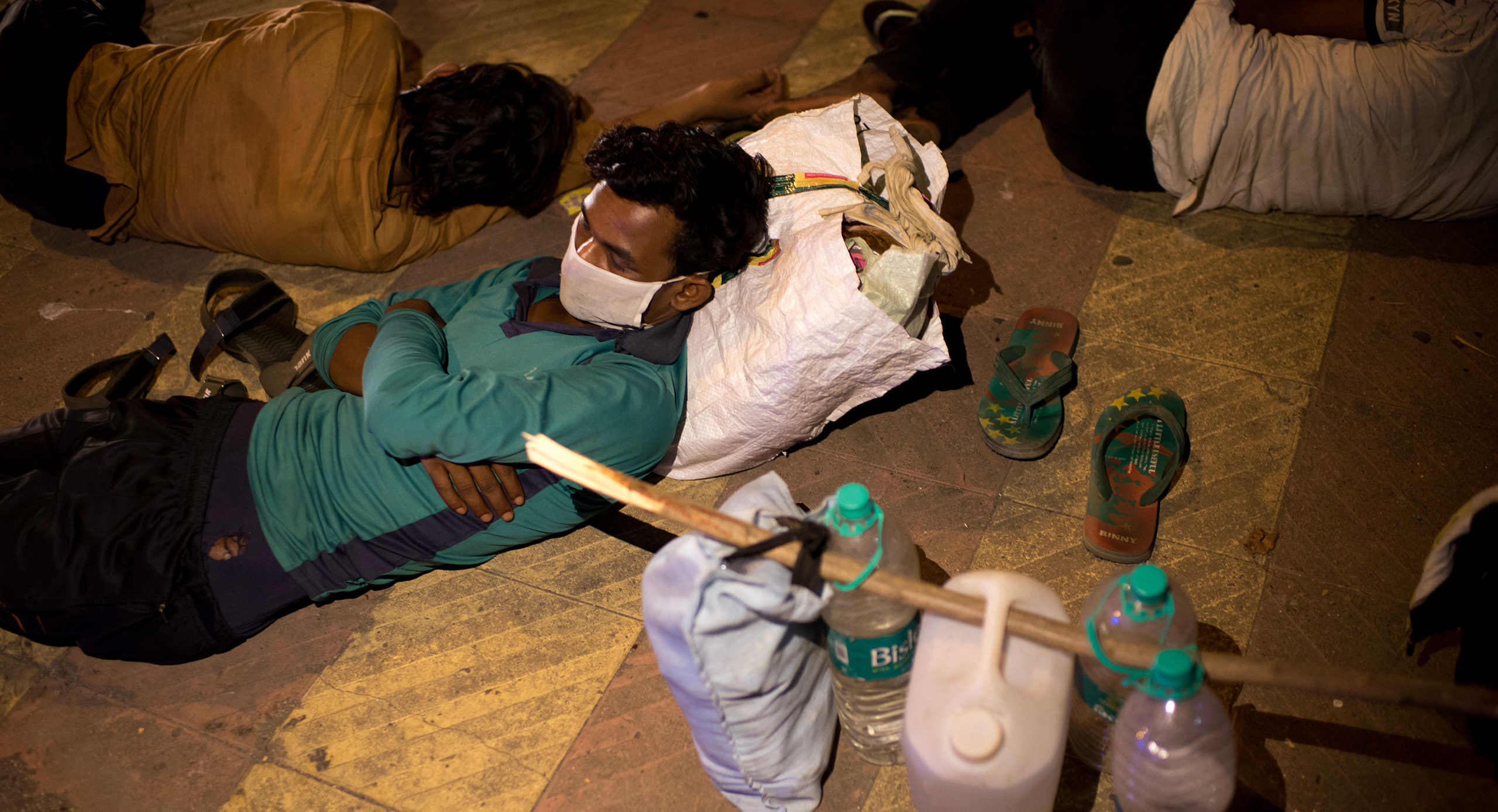GCM 2020: Pandemic brings international support to migrants

Global Compact for Migration 2020: Pandemic brings international support to migrants
December 10, 2018, a United Nations majority adopted the Global Compact for Safe, Orderly and Regular Migration (GCM). The GCM’s aim is to provide a general guideline for countries to follow, to implement an international stance on migrants and migration, while being non-binding or passed under international law. The international agreement operates under a set of principles, which are similar to the general UN objectives:
– Promote international cooperation
– Ensure human rights are respected
– Consider specific needs according to gender, age, and nationality
– Maintain national sovereignty and rule of law
– Include trans-national and local organizations, corporations, and other actors involved in migration
This means that while most countries have agreed to be a help in international migration, and a support towards migrants, it is up to individual countries to make up policies towards that end, which will depend on their own interests rather than their commitment to this cause.
However, as cautious as we can be when talking about the impact of international agreement, it does underline the growing importance of migration in today’s world. The number of international migrants has nearly quadrupled from the 1960s to 2019 (from 77 million to 271 million), while the migrant share of the total population increased from 2.6% to 3.5% (Migrant Policy Institute, 2019).
The UN’s claim on countries protecting and increasing migrants’ rights is, therefore, very important for the migrant population (UN News, 2020) which has, for decades, been facing increased hardships with their work being undervalued and undercompensated in their participation of a “migrant industry” (Castles, 2011).
Migrants are also disproportionally represented in the working poor population (Brady et al, 2010). Especially, in welfare states where unions are in place to protect workers’ rights (International Labour Organisation, 2020). The 2020 GCM report by Secretary-General of the UN, António Guterres, published on December 1, 2020, indicates that countries have indeed been working towards achieving the initial GCM goals. For example, in Greece, which has been highly affected by the Mediterranean migrant crisis, “a mapping exercise to identify gaps in national policies with respect to the Global Compact by the Ministry of Migration and Asylum has identified nine priority objectives for future action.” (United Nations, 2020).
In the midst of the Covid-19 pandemic, migrants face increased risks and issues, whether it be economic duress, health concerns, or social concerns (World Health Organization, 2020). While the report (United Nations, 2020) shows that progress has been made to ease the problems migrants face, the UN Secretary-General recommendations call for an increase in actions from all countries:
– International collaboration is a must in this issue that is present across the globe. Some countries have made sure that deported migrants are kept safe and supported, calling for trans-national cooperation with different stakeholders, be it non-governmental organizations, states, or international organizations.
– Increase socioeconomic rights for migrant workers, as the pandemic has highlighted their benefits, with a many women migrant workers being frontline and essential workers. Such invaluable help must therefore be rewarded.
– Fight against discrimination and racism, issues immigrants have been dealing with for the longest time.
(United Nations Network on Migration, 2020)
The increase in socioeconomic rights for migrants would help break the citizen hierarchy that the previous “migrant industry” has created, where migrants receive less rights and social benefits from local workers. This increase in quality of life for migrant workers goes through the reduction of transfer costs for remittances, a huge reason migrants decide to work abroad and separated from their families. Nepal for example is a country heavily reliant on remittances, which can account to around 30% of the country’s GDP (Central Intelligence Agency, 2021), even if such official numbers can be lower than the reality. Such a reliance on their expatriates can cause a toll on them, which is exacerbated by the cost of money transfer.
Discrimination and racism issues have recently been increasing, creating a need for such a recommendation from the UN Secretary-General. The United States of America saw a slight rise in hate crimes in 2019, and such spikes can be attributed, according to researcher Michael Jensen at the University of Maryland, to “big political moments,” with “several other big spikes in the years since Trump was elected, around some of the things that he’s said and other events” (Allam, 2020). Such a rise can, therefore, be correlated to a polarization of political views, a trend we have seen spread across the world (Carothers et al, 2019). The rate of hate crimes has risen globally during the pandemic, with a large increase of sinophobia (fear or dislike of China, or Chinese people and their language and/or culture) but also general xenophobia (fear and hatred of strangers or foreigners, or anything that is strange or foreign) due to a fear of foreigners’ health practices (Gover et al, 2020). This led the UN Secretary General to call the coronavirus the “virus of hate,” which needs to be dealt with as an international community rather than confined nations (United Nations Network on Migration, 2020).
The increased weight and importance of migration in today’s world has led to increased difficulties for migrants, but also for larger calls for solidarity and assistance towards them. Some countries have answered to such calls but a lot remains to be done, as highlighted in António Guterres’ speech. It remains to be seen if the GCM will be more seriously adapted by the international community, to make it a success.

Article by
Alexandros Messimeris

Categories
Categories, Equality, Human rights, Immigration, Labor, News


